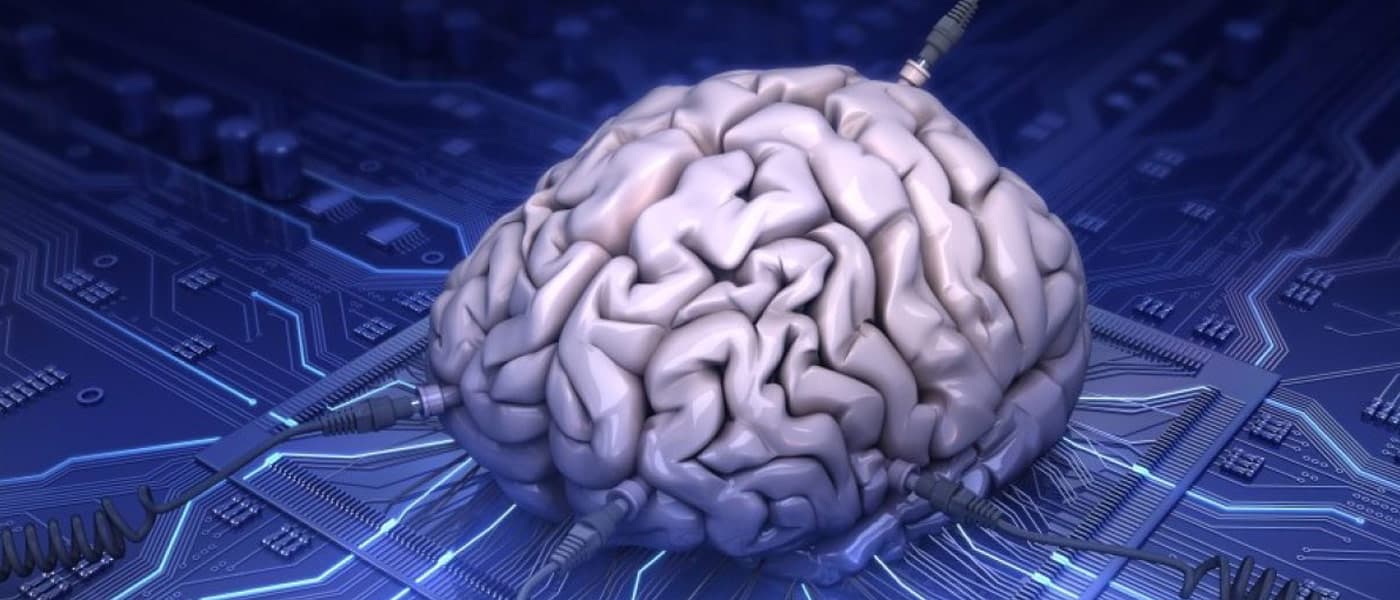The AI Will See You Now
Doctors spend years acquiring knowledge in various medical fields so that patients can feel confident that they are receiving the right diagnosis. The effectiveness of the patient's treatment depends on how well the doctor is able to recognize and identify the symptoms of various ailments, and receiving the best treatment possible is largely dependent on the physician’s competence in their particular field.
Clearly, the expertise of physicians is the very cornerstone of our healthcare system. But being human, doctors are prone to human error, and in healthcare, these oversights, no matter how minor, can be the difference between life or death. That's what makes artificial intelligence's (AI) entry into the healthcare industry game changing.
The arrival of AI means healthcare expertise is no longer under the exclusive purview of medical practitioners. As the technology advances, AI is proving to be more than just a peripheral tool that can provide assistance — a machine's ability to process enormous amounts of data using advanced learning technology allows it to deliver speedier and more accurate diagnosis and treatment plans, which could drastically alter the standards of modern healthcare.
For example, in a recent study involving 34 participants, machine-learning algorithms were used to predict the development of psychosis based on coherence and syntactic markers of speech complexity. In that study, the AI was able to predict the outcome with 100 percent accuracy, outperforming the results of traditional clinical interviews.
In a separate research project, an AI system was able to identify and categorize suicidal tendencies among a pool of 379 teenage subjects with 93 percent accuracy. In that study, patients were asked to complete a standardized behavioral rating scale and then answer a series of open-ended questions. Based on the verbal and non-verbal data gathered, a machine-learning algorithm was able to classify if a patient was suicidal, mentally ill but not suicidal, or neither.
According to research leader John Pestian, a professor at Cincinnati Children's Hospital Medical Center, "These computational approaches provide novel opportunities to apply technological innovations in suicide care and prevention, and it surely is needed."
Looking to the Future
Granted, the use of AI in healthcare is still in its early stages, but it won’t be long before we start reaping the full benefits of its potential. In fact, several technology companies have already started extending their influence on the healthcare industry.
Google has ventured into the industry with DeepMind Health in an effort to “support clinicians by providing the technical expertise needed to build and scale technologies that help the provide the best possible care to their patients.” In the field of cancer research, visual computing tech company NVIDIA is working with the National Cancer Institute in the hopes of advancing research by building an AI framework called Cancer Distributed Learning Environment (CANDLE). IBM’s Watson AI was able to accurately recommend the same treatment as doctors in 99 percent of cancer cases, and because Watson is capable of analyzing huge amounts of data in minutes, the system was also able to provide treatment options that human oncologists missed in 30 percent of the cases.
These studies give us a just glimpse at what AI can do for the healthcare industry. By delivering unprecedented levels of convenience, efficiency, and insight, this technology could no doubt lead to an age of better healthcare and improved life expectancy.
Share This Article
